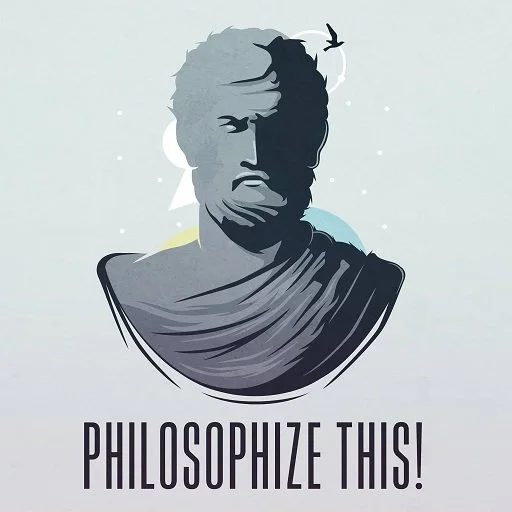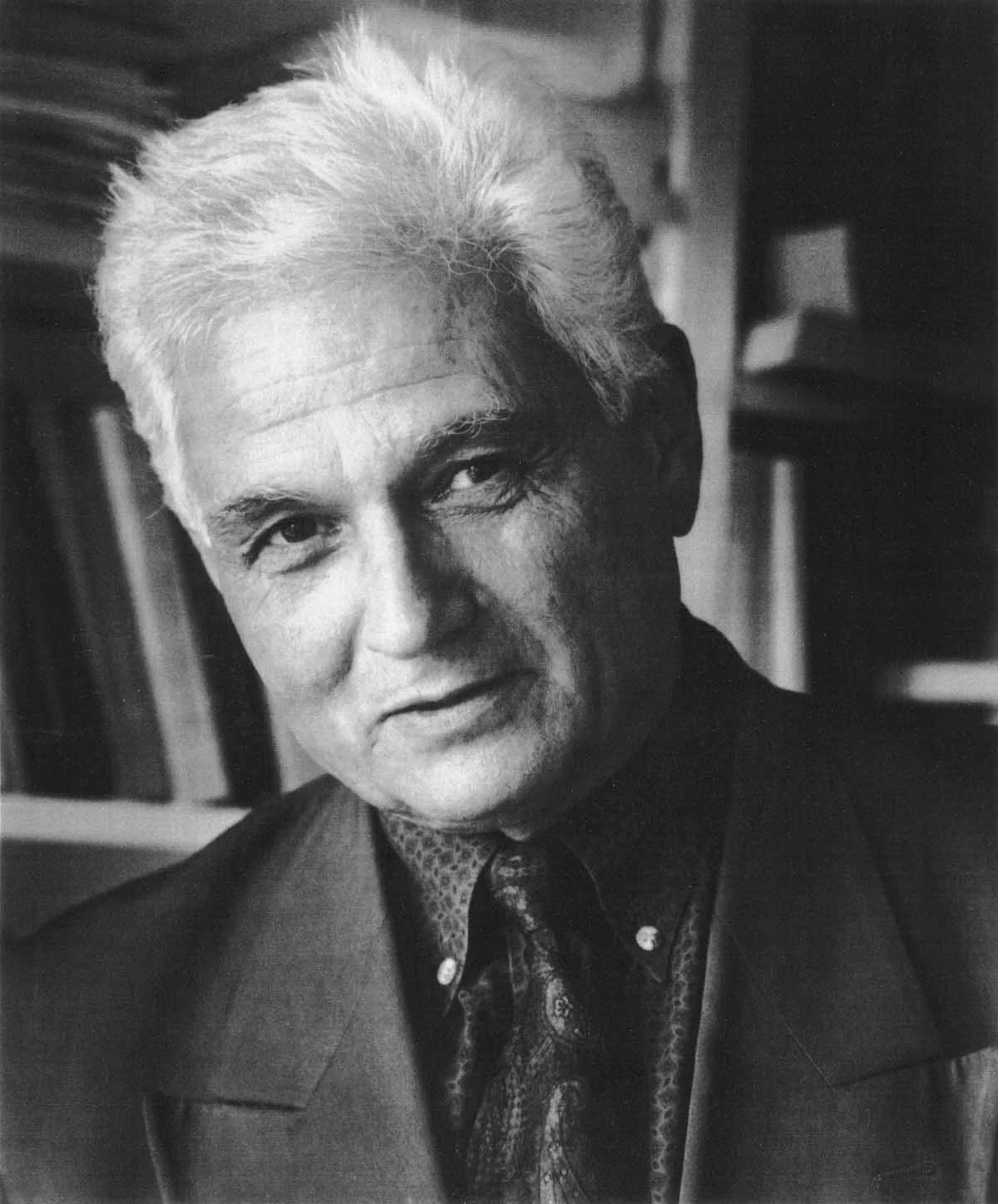Episode #119 - Derrida and Words
Episode #119 - Derrida and Words
This episode examines how Jacques Derrida and post-structuralist thinkers disrupt the Enlightenment-era belief that precise language guarantees shared understanding. They argue that meaning is never fixed; it emerges through difference and context. A word’s synchronic meaning—its place within a system of signs at a given moment—is only part of the picture. Its diachronic meaning—its historical evolution—also shapes how it functions.
Derrida introduces the idea of deferral, claiming that meaning is always postponed, never fully present or self-contained. This challenges the traditional search for stable truths and leads to his famous claim that “there is nothing outside the text”—all understanding is mediated through language. The episode connects this insight to broader philosophical efforts, like those of phenomenologists and logical positivists, who sought access to raw experience. Derrida’s critique suggests that such efforts may be fundamentally limited by the very language they rely on.
Further Reading:
Of Grammatology by Jacques Derrida (1967)
On Deconstruction: Theory and Criticism after Structuralism by Jonathan Culler (1982)
The Reception of Derrida: Translation and Transformation by Michael Thomas (2006)
See the full transcript here.
Thank you to everyone who makes this podcast a possibility in the future.
I could never do this without your support! :)


